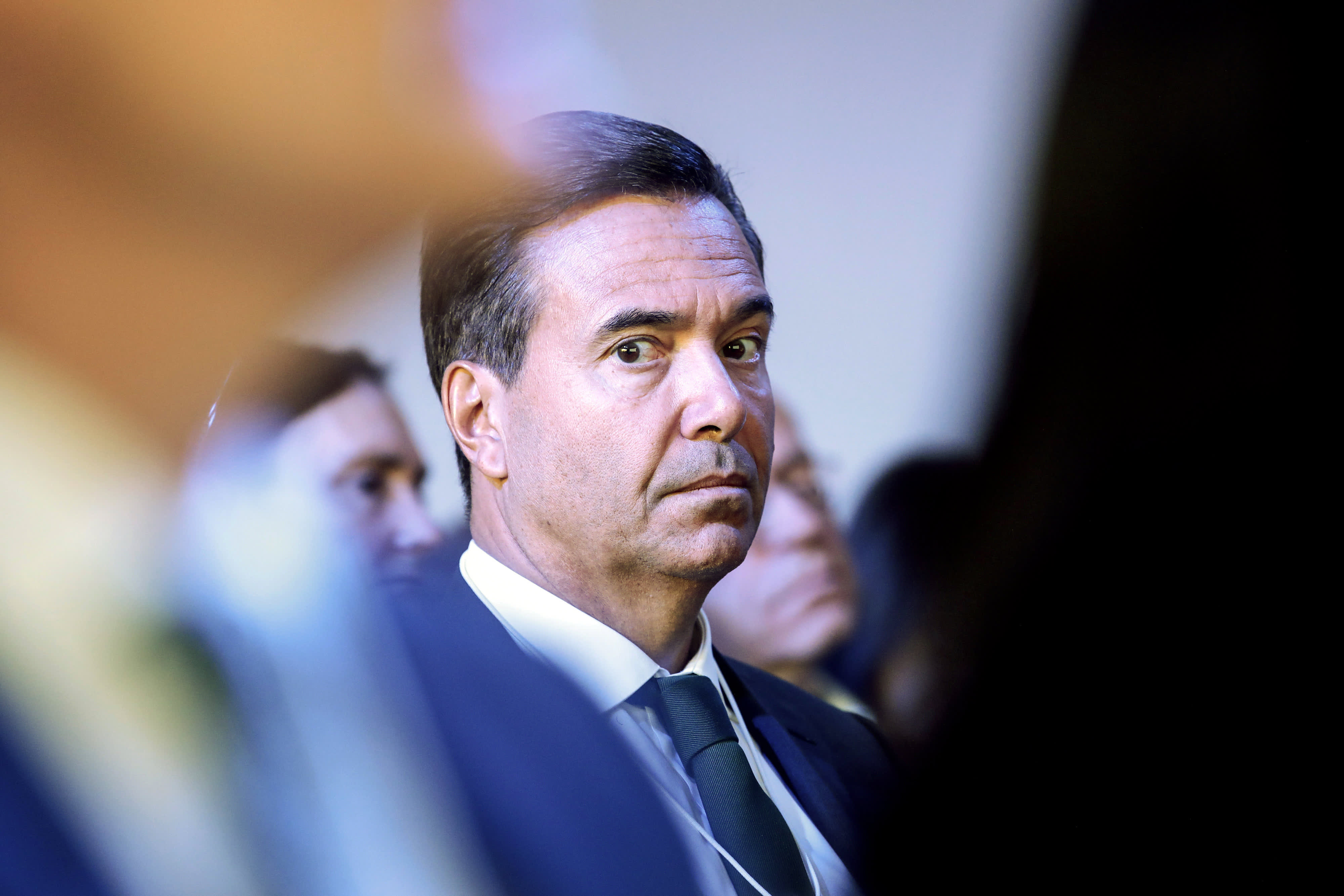LONDON — After last week’s chaos in British bond markets following the government’s Sep. 23 “mini-budget,” analysts are sounding the alarm on the country’s shadow banking sector.
The Bank of England was forced to intervene in the long-dated bond market after a steep sell-off of U.K. government bonds — known as “gilts” — threatened the country’s financial stability.
related investing news
The panic was focused in particular on pension funds, which hold substantial amounts of gilts, while a sudden rise in interest rate expectations also caused chaos in the mortgage market.
While the central bank’s intervention offered some fragile stability to the British pound and bond markets, analysts have flagged lingering stability risks in the country’s shadow banking sector — financial institutions acting as lenders or intermediaries outside the traditional banking sector.
Former British Prime Minister Gordon Brown, whose administration introduced a rescue package for Britain’s banks during the 2008 financial crisis, told BBC Radio Wednesday that U.K. regulators would need to tighten their supervision of the shadow banks.
“I do fear that as inflation hits and interest rates rise, there will be a number of companies, a number of organizations that will be in grave difficulty, so I don’t think this crisis is over because the pension funds have been rescued last week,” Brown said.
“I do think there’s got to be eternal vigilance about what has happened to what is called the shadow banking sector, and I do fear that there could be further crises to come.”
Global markets took heart in recent sessions from weakening economic data, which is seen as reducing the likelihood that central banks will be forced to tighten monetary policy more aggressively in order to rein in sky-high inflation.
Edmund Harriss, chief investment officer at Guinness Global Investors, told CNBC Wednesday that while inflation will be tempered by the decline in demand and impact of higher interest rates on household incomes and spending power, the danger is a “grinding and extension of weakening demand.”
The U.S. Federal Reserve has reiterated that it will continue raising interest rates until inflation is under control, and Harriss suggested that month-on-month inflation prints of more than 0.2% will be viewed negatively by the central bank, driving more aggressive monetary policy tightening.
Harriss suggested that sudden, unexpected changes to rates where leverage has built up in “darker corners of the market” during the previous period of ultra-low rates could expose areas of “fundamental instability.”
“When going back to the pension funds issue in the U.K., it was the requirement of pension funds to meet long-term liabilities through their holdings of gilts, to get the cash flows coming through, but ultra-low rates meant they weren’t getting the returns, and so they applied swaps over the top — that’s the leverage to get those returns,” he said.
“Non-bank financial institutions, the issue there is likely to be access to funding. If your business is built upon short-term funding and one step back, the lending institutions are having to tighten their belts, tighten credit conditions and so forth, and start to move towards a preservation of capital, then the people that are going to be starved are those that require the most from short-term funding.”
Harriss suggested that the U.K. is not there yet, however, for there is still ample liquidity in the system for now.
“Money will become more expensive, but it is the availability of money that is when you find sort of a crunch point,” he added.
The greater the debt held by non-banking institutions, such as hedge funds, insurers and pension funds, the higher the risk of a ripple effect through the financial system. The capital requirements of shadow banks is often set by counterparties they deal with, rather than regulators, as is the case with traditional banks.
This means that when rates are low and there is an abundance of liquidity in the system, these collateral requirements are often set quite low, meaning non-banks need to post substantial collateral very suddenly when markets head south.
Pension funds triggered the Bank of England’s action last week, with some beginning to receive margin calls due to the plunge in gilt values. A margin call is a demand from brokers to increase equity in an account when its value falls below the broker’s required amount.
Sean Corrigan, director of Cantillon Consulting, told CNBC Friday that pension funds themselves were in fairly strong capital positions due to higher interest rates.
“They’re actually now ahead of funding on the actuarial basis for the first time in I think five or six years. They clearly had a margin problem, but who is the one who’s thinly margined?” he said.
“It’s the counterparties who’ve passed it on and shuffled it around themselves. If there is an issue, maybe we’re not looking at the right part of the building that’s in danger of falling down.”



